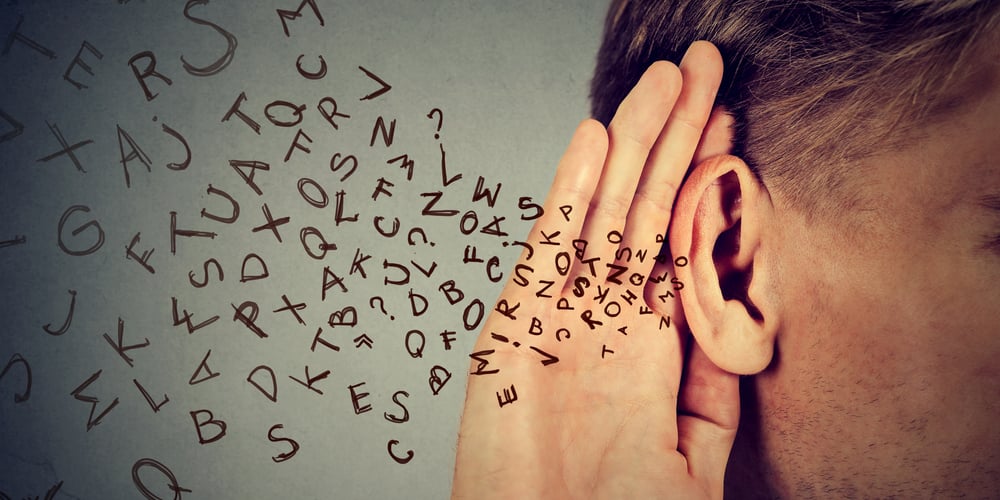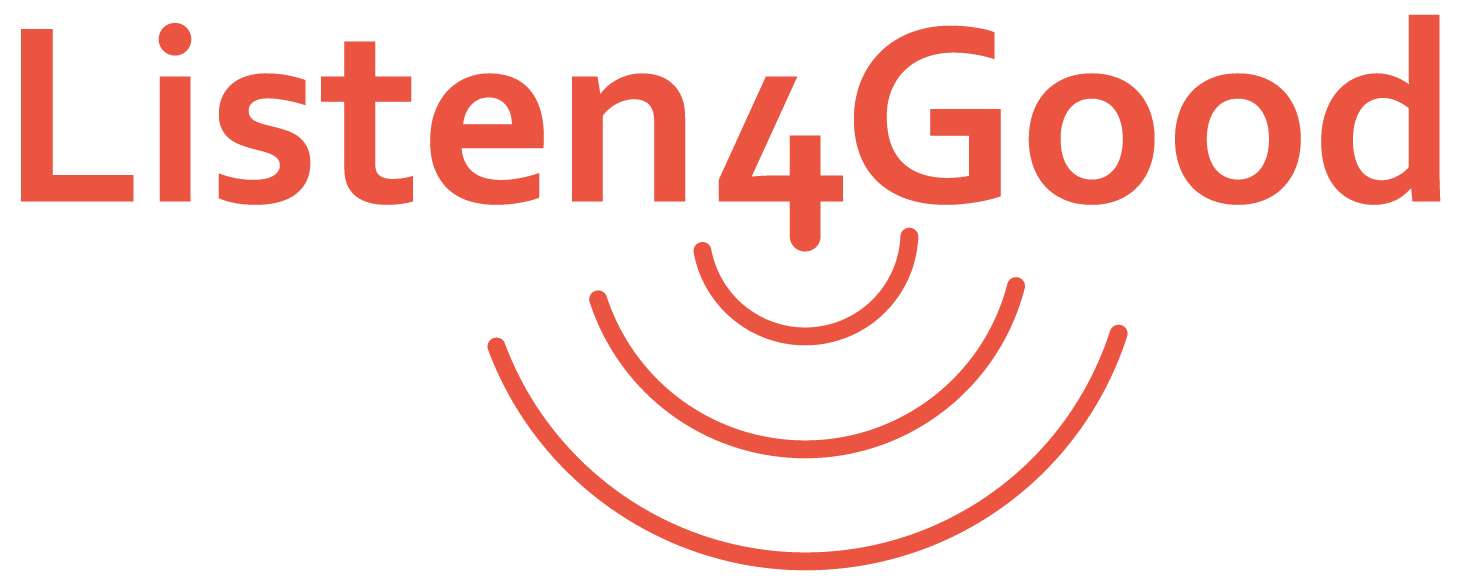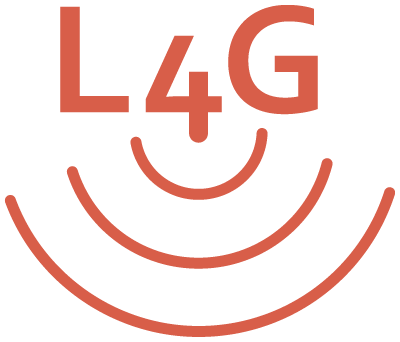Listening Bias | Listen4Good

What is Listening Bias?
Listening bias can also be called selective listening. When someone has listening bias, they hear what they want to hear. It can happen consciously or unconsciously.
We all carry biases, which can also be thought of as filters. These filters are created by our value and belief systems, our personal goals, our past experiences, and our assumptions about the world.
How Does Bias Affect Listening?
Bias affects listening, as it distorts the information being communicated by others, resulting in a a gap between what is said and what is heard or interpreted. When a bias is in driving listening, one is not listening openly and authentically. Rather, one tends to listen to confirm ideas or preconceived notions that they hold.
This results in inaccurate or incomplete information and misguided responses to what someone says.
What Are Unconscious Biases?
Unconscious bias is defined as the stereotypes we carry about other people without our overt awareness.
Because we are unaware, it can be difficult to recognize the ways that unconscious biases affect our listening and understanding of others. Unconscious bias manifests in various ways and results in myriad (and sometimes harmful) consequences.
For example, a married couple may visit their local bank to ask about obtaining a loan. The bank representative may listen to the husband and solicit his opinions while overlooking or disregarding the wife during the conversation.
Listening Bias Studies
Numerous scientists have documented listening bias.
In a 2020 study titled, “Can high quality listening predict lower speakers’ prejudiced attitudes?” researchers compared poor listening, regular listening, and high-quality listening. They concluded that high-quality listening increased openness to change and self-insight, and reduced prejudice.
Experimental psychologist and ethnographic researcher Tony Salvador studies listening bias. In his TED talk, “How Does Bias Affect How We Listen?” he reviews the ways that preconceptions affect the way we listen in the context of teamwork.
Why is Listening Bias Harmful?
Listening bias distorts our understanding of information that was shared. Even if we think we are listening carefully, the information we actually hear may be inaccurate or incomplete, and can cause dire consequences.
For example, Black women in the U.S. often receive suboptimal care during childbirth and post-partum, in spite of clearly verbalized requests to their healthcare providers. Physicians and medical staff often minimize Black women’s voices of concern and do not respond effectively to their concerns. This disturbing pattern has resulted in the highest rates of Black maternal and infant mortality in the industrialized world.
How To Overcome Biased Listening
We can employ a number of techniques to overcome biased listening and promote empathetic communication.
Use Active Listening Techniques
Active listening techniques are one way to combat listening bias.
- You can start by asking the person what they would like to discuss, and then let them speak, uninterrupted, for 5-10 minutes.
- Listen with intention and without distraction by electronic devices.
- Pay attention to verbal and physical cues while the person is talking. Let the person know you are listening by making eye contact, leaning forward, and nodding your head.
- Encourage the person with comments such as, “I see, mm hmm, go on.”
- Repeat what the other person says as closely as you can to their original words and have them confirm you heard them correctly. This forces you to listen closely and use their language, not yours.
Take Notes
Taking notes during a conversation can help you see the main points your speaker is trying to make, and introduce a level of objectivity, helping you filter out some of your bias.
If you are in-person, be sure to touch base with your speaker first to ensure that they are comfortable with the taking of notes during the conversation.
Seek Out New Perspectives
Actively seek out perspectives that are different from your own, and seek to understand them. Speak to people who challenge you and disagree with you and listen actively to what they have to say..
People similar to us tend to reinforce our own biases, while those who are different can help us reexamine our assumptions and loosen our biases over time.
Practice Makes Perfect
We all have our biases, but by regularly practicing techniques like active listening, taking notes, and seeking out new perspectives, we can all work on overcoming listening bias and become stronger, more empathetic listeners.
Learn more about how Listen4Good’s approach can help you listen more closely to those you serve.

